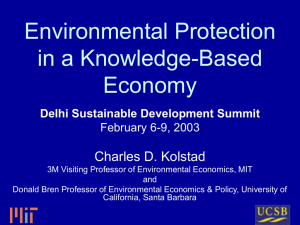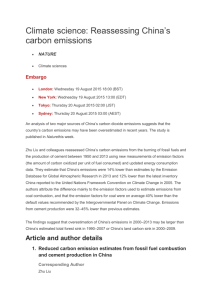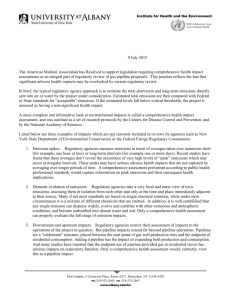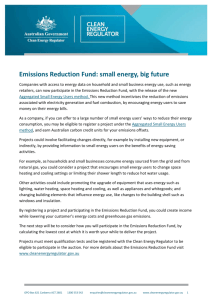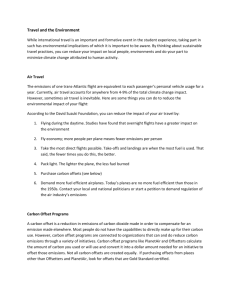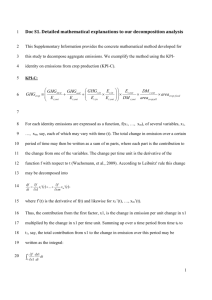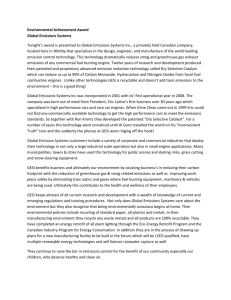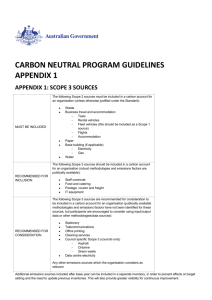Sample paper 4
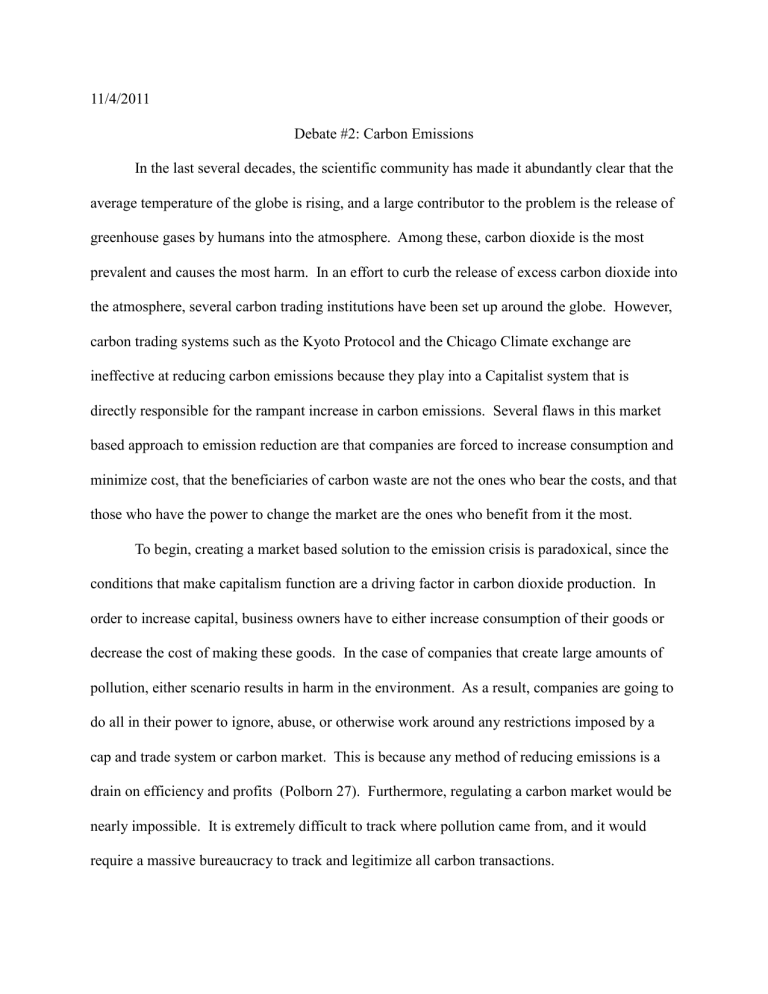
11/4/2011
Debate #2: Carbon Emissions
In the last several decades, the scientific community has made it abundantly clear that the average temperature of the globe is rising, and a large contributor to the problem is the release of greenhouse gases by humans into the atmosphere. Among these, carbon dioxide is the most prevalent and causes the most harm. In an effort to curb the release of excess carbon dioxide into the atmosphere, several carbon trading institutions have been set up around the globe. However, carbon trading systems such as the Kyoto Protocol and the Chicago Climate exchange are ineffective at reducing carbon emissions because they play into a Capitalist system that is directly responsible for the rampant increase in carbon emissions. Several flaws in this market based approach to emission reduction are that companies are forced to increase consumption and minimize cost, that the beneficiaries of carbon waste are not the ones who bear the costs, and that those who have the power to change the market are the ones who benefit from it the most.
To begin, creating a market based solution to the emission crisis is paradoxical, since the conditions that make capitalism function are a driving factor in carbon dioxide production. In order to increase capital, business owners have to either increase consumption of their goods or decrease the cost of making these goods. In the case of companies that create large amounts of pollution, either scenario results in harm in the environment. As a result, companies are going to do all in their power to ignore, abuse, or otherwise work around any restrictions imposed by a cap and trade system or carbon market. This is because any method of reducing emissions is a drain on efficiency and profits (Polborn 27). Furthermore, regulating a carbon market would be nearly impossible. It is extremely difficult to track where pollution came from, and it would require a massive bureaucracy to track and legitimize all carbon transactions.
Additionally, inequity in wealth and power prevents those who bear the costs of environmental degradation from doing anything to prevent it. Under an ideal carbon market, corporations that can reduce emissions more efficiently can sell their emission rights to less efficient ones, and people can offset their carbon production by paying others to perform ecofriendly activities such as planting trees. However, under these conditions the only people who have the power to curb pollution are the same people who accrue benefits from producing it
(Bohm, and Dabbi 223). Corporations and people in industrialized nations have little incentive to reduce carbon emissions since they are not being as directly influenced by climate change as others. Since developing nations have little economic and political power compared to industrialized ones, market based approaches to the problem of carbon emissions are inherently unfair to poorer nations. One example of this is a case where a Norwegian company paid the
Ugandan government to plant trees to offset their carbon footprint. The result of this venture was that it “provided far lower real carbon sequestration results than anticipated on paper although the value of those assets is on the order of $10 million” (Robbins, Hintz, and Moore 157). As a result, the Ugandan government got less ecological value for the promised trees, and less monetary value, as the Norwegian company managed to profit form the situation.
As the previous examples show, a carbon trading system will not reduce carbon emissions efficiently, and is inherently unfair to those who will suffer the consequences of climate change.
The Capitalist approach is, by its very nature, predisposed towards accumulating wealth and power in the hands of the few. As a result, those in poorer nations would be at the mercy of those with the most capital in a carbon market system.
Bibliography
Bohm, Steffen, and Siddharta Dabhi. Upsetting the Offset: The Political Economy of Carbon
Markets . London: MayFlyBooks, 2009. 200-247. eBook. <http://mayflybooks.org/wpcontent/uploads/2010/07/9781906948078UpsettingtheOffset.pdf>.
Polborn, Sarah. "The Political Economy of Carbon Securities and Environmental Policy." (2011):
Web. 4 Nov. 2011. <http://crifes.psu.edu/papers/Polborn Carbon Securities.pdf>.
Robbins, Paul, John Hintz, and Sarah Moore. Environment and Society: Critical Introductions to
Geography . Chichester, UK: John Wiley & Sons, 2010. 64-78. Print.



